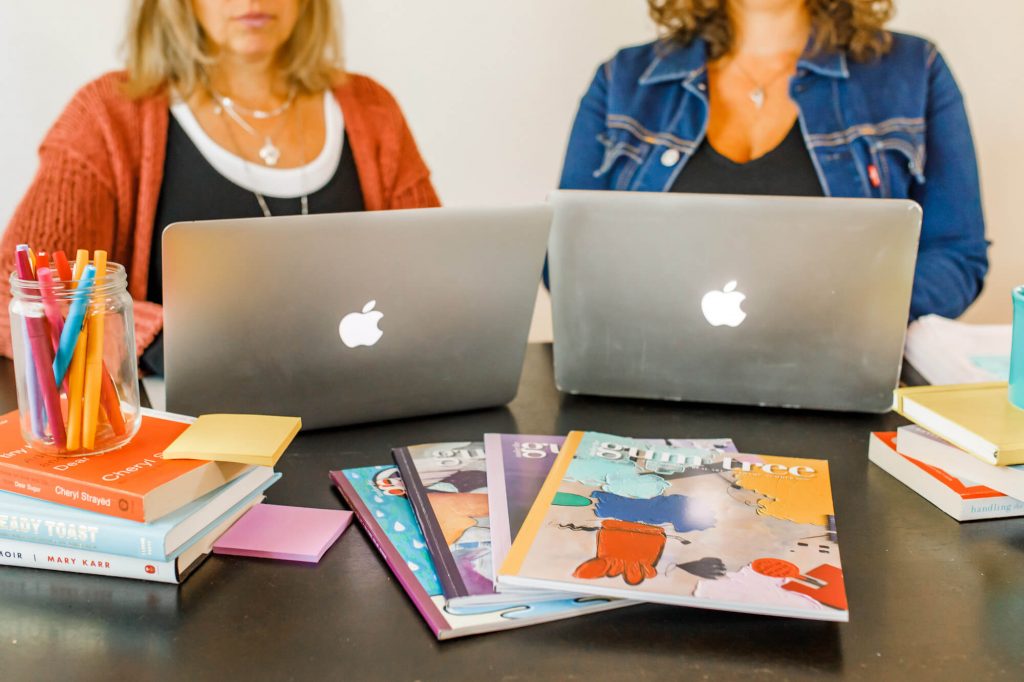Like most writers, I’ve always wanted to write a book. I started what I thought would be my masterpiece in grad school, and to complete the program my thesis was indeed a manuscript. A bad manuscript. But it was a complete, 30,000-word manuscript. Not necessarily ready for public consumption, but complete enough that I thought I’d write another 30k words or so and then it would be ready.
Boy was I wrong.
For so long I worked on this so-called book, attempting to fit in new material with the Grad School Manuscript. I came up with a list of chapters and wrote them. I ordered them and arranged them around the Grad School Manuscript. I re-ordered them, sequencing them intermittently with chapters from the Grad School Manuscript. I revised and re-wrote the new material, and tried again (I’d spent nearly three years on the Grad School Manuscript, after all).
Are you sensing a problematic theme?
In my mind, that Grad School Manuscript was D-O-N-E, done. It was my thesis! I turned in a hard copy! I had to get it printed on fancy cotton paper! It represented three years of my life during which I worked full time, went to school at night, wrote in between, and paid my own. damn. way. to that master’s degree, thankyouverymuch.
I was treating it like a sacred artifact that could not be touched.
I was trying to force new material to work with something it was never meant to work with. It felt a little bit like wrestling with an overstuffed suitcase that you can’t get to close. You know what that’s like: you just keep shoving stuff in, you sit on the lid, you muscle the zipper inching it along until it just won’t budge anymore. No matter what you do, you can’t get that suitcase to close. Not until you take some stuff out and make room.
I’m sure I’m not the only writer who has experienced this. We have an essay or a section of material that we think is just right, so it has to stay just as it is. The more things don’t work, the more stubborn we get, the more we dig our heels in, and then? Then things aren’t working even worse than when we started.
As soon as I got over the idea that The Grad School Manuscript was not, in fact, untouchable, the material completely opened up. Just like the suitcase, I had to make room for the new material. Some of the old didn’t work any more. Some of the old didn’t work as-is anymore, but it could be cut up and rearranged.
It took me a while, but I have come to recognize this behavior in myself as scarcity thinking. I was actually afraid to touch The Grad School Manuscript because what if…what if I ruined it? What if I wasn’t able to come up with something as “complete” or as “good”? What if that’s all I had to represent the whole of my life as a writer?
We all know this is hooey. But in the moment, it’s so easy for the fear—the scarcity—to get the better of us.
When the truth is, OF COURSE that shitty grad school manuscript isn’t even as good as I thought it was. I have written SO MUCH BETTER material since then and I know there is an ABUNDANCE of things I have yet to say that will be even better than what I’ve already written.
Elizabeth Gilbert has a wonderful story in her book Big Magic about her first story that was ever accepted for publication. After it was accepted, the editor came back to her and told her that an advertiser had dropped out, they had to cut pages from the magazine, and if they were going to run her story she had to cut it by one-third. Or, they could not publish it at all, which the editor would understand, if she didn’t want to cut it and change the integrity of the piece.
Guest what she did? She cut it. And here’s what she has to say about it:
“I was amazed to discover that my work could be played with so roughly—torn apart, chopped up, reassembled—and that it could still survive, perhaps even thrive, within its new parameters. What you produce is not necessarily always sacred . . . What is sacred is the time that you spend working on the project . . . The more lightly you can pass that time, the brighter your existence becomes.”
The idea of PLAYING with my work is so liberating. It means I don’t have to take my work—or myself—so damn seriously. It means there was absolutely nothing sacred about that grad school manuscript except for the time I spent working on it and the investment that I made in myself.

